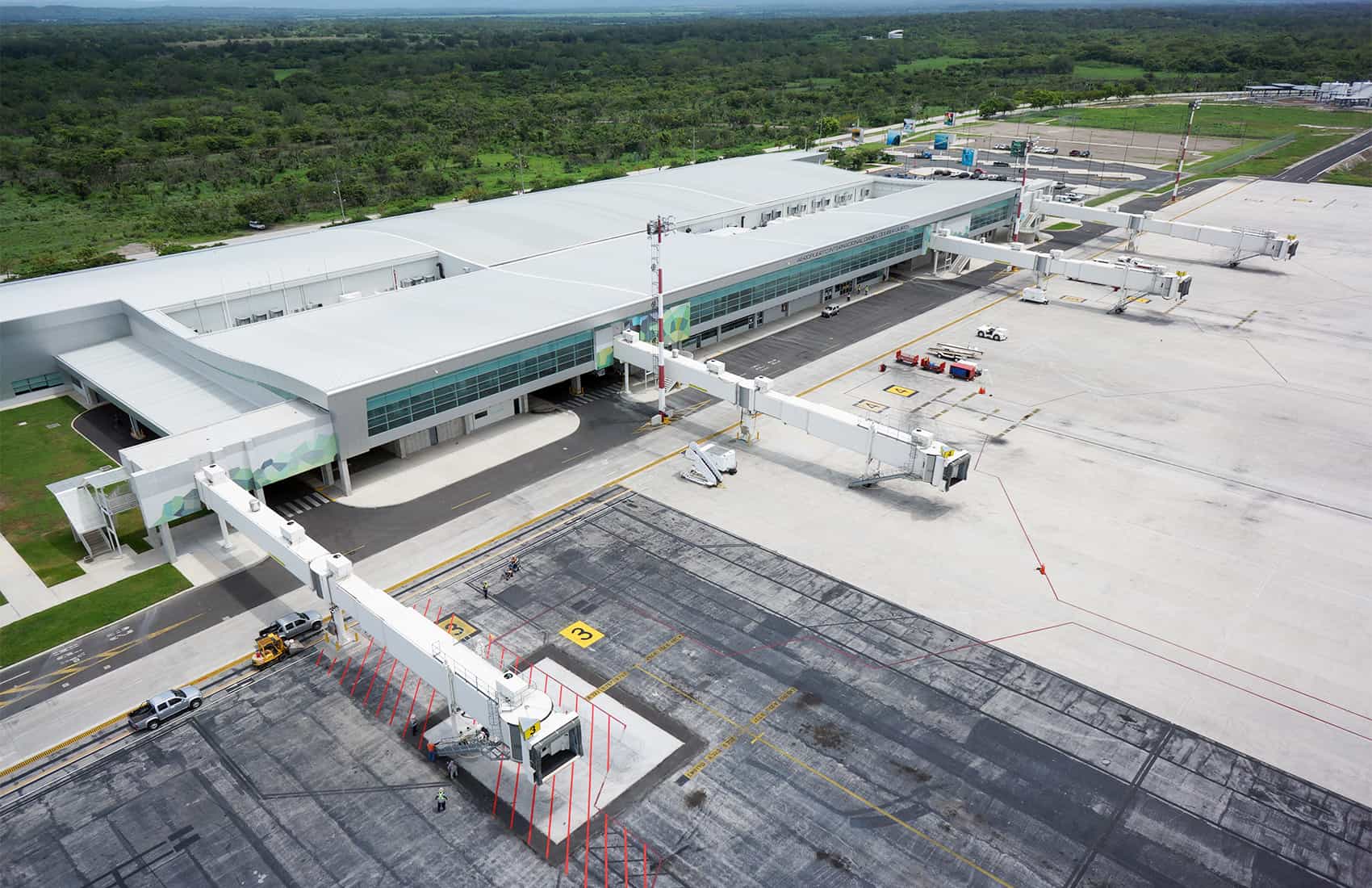The condition of the runway at Daniel Oduber Quirós Airport and issues surrounding the awarding of repair contracts have raised alarms with the International Air Transport Association (IATA) and several airlines. In June 2023, IATA warned that it might recommend airlines stop landing at the airport due to the runway’s deteriorating condition. Avianca, Arajet, and Iberia echoed this warning. The Directorate General of Civil Aviation (DGAC) estimated that repair work on the runway would resume by the end of October.
The construction company MECO S.A. was awarded a $40 million contract for the repairs. However, when work began, Meco discovered that some areas designated for repair were actually in good condition. This discovery, coupled with concerns over the quality of the mix provided by Recope (as outlined in the project’s terms of reference), led to the suspension of work in June.
In response to the delay, value engineering was proposed to save both time and money. Such proposals typically result in lower costs than originally agreed upon, while still meeting the project’s specifications.
The Civil Aviation Executing Unit stated that it could not review the value engineering proposal due to a potential conflict of interest, as they had developed the original design, plans, and contract. Consequently, they hired an international expert with funds from the Corporación Centroamericana de Servicios de Navegación Aérea (COCESNA).
After reviewing the expert’s recommendations, the Executing Unit decided not to sign the modification order instructing MECO on the revised scope of work.
“The CFIA was asked last Friday to recommend five engineers with expertise in asphalt so that, through the National Emergency Commission, we can hire two or three engineers to take charge of the Executing Unit and move forward,” explained Mauricio Batalla, Minister of Public Works and Transportation.
The National Emergency Commission (CNE) must approve the project because the necessary funds come from their institution. “There is concern because the repairs are set to restart when they should have already been completed, but unfortunately, when we needed the Executing Unit to proceed, they declined to sign,” added Batalla.
Despite these delays, Civil Aviation assured IATA that the runway remains fully operational and 100% safe for use.






